The internet keeps changing the world in many ways. From research, communication, politics to governance, the future of the internet can only get better. With 5G now taking shape in many parts of the world, a question most people would be asking right now is how high-speed connectivity will impact their online privacy. The truth is, privacy on the web remains a pertinent issue and it could get worse in the wake of high-speed connectivity. Even with stricter laws to protect internet users from unwarranted access to personal information and data, a common agreement is that issues like phishing, cyberbullying, and hacking remain a threat to many.
Why is online privacy important:
- It Keeps You and Your Family Safe from Social Media Data Breaches
- Safeguards privacy and Identity from Theft
- Protects the Privacy of Your Business from Cybercriminals
- Limits Power Someone May Have Over You
- Online Privacy Safeguards Reputation
- Helps Safeguard Social Boundaries
- Protects Your Freedom of Speech and Expression
- Guards against Disrespect to Other Internet Users
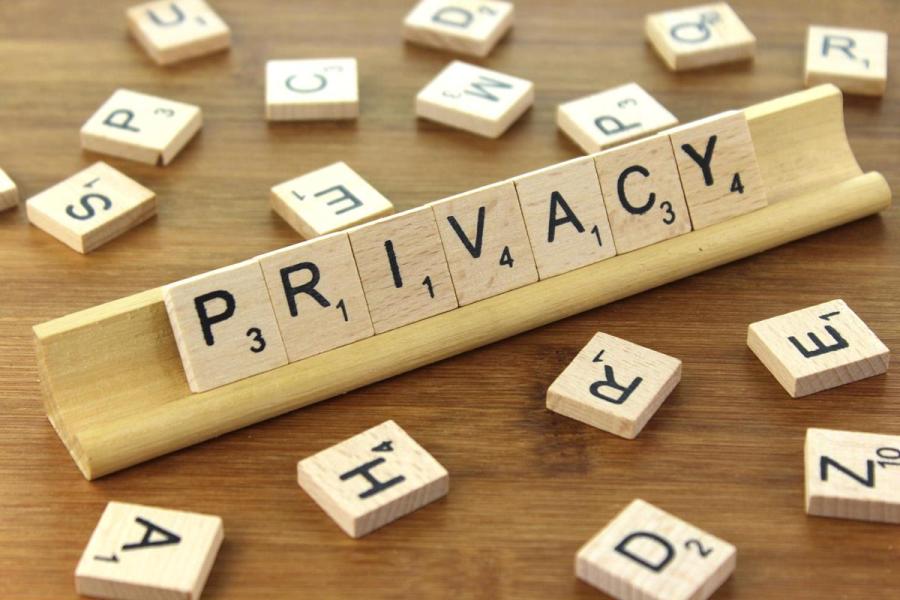
Before diving into more detail, let’s state that online privacy broadly refers to the protection of data relating to communication, personal information, and browsing footprints of web users. The end game is to ensure anyone who accesses a website does not suffer a violation of privacy or breach of a request to remaining anonymous. Most importantly, online privacy denotes proper data handling governed by certain regulations. From how data is collected, used to how it is shared, restrictions placed on websites, especially when it comes to handling private information underscores the importance of online privacy.
Come to think about it in this context: What would happen if digital footprints and data relating to individuals, governments, NGOs and any other entity were to be published for everyone to see? Today, the internet does not only hold the global economy together but also keeps privacy under key and lock. Passwords, authentication keys, and biometrics make the internet a safe place for everyone.
Contents
- A Question of Data Privacy and Data Security
- Data Protection Is the Mainstay of Online Privacy
- Why is online privacy important?
- ● It Keeps You and Your Family Safe from Social Media Data Breaches
- ● Safeguards privacy and Identity from Theft
- ● Protects the Privacy of Your Business from Cybercriminals
- ● Limits Power Someone May Have Over You
- ● Online Privacy Safeguards Reputation
- ● Helps Safeguard Social Boundaries
- ● Protects Your Freedom of Speech and Expression
- ● Guards against Disrespect to Other Internet Users
- Protecting Your Internet Privacy
- The bottom Line
A Question of Data Privacy and Data Security
Online privacy is often a misconstrued concept, especially among internet users who do not understand data and legislations relating to it. However, when it comes to the conclusive definition of online privacy and its importance, data security, and privacy play an important role. Data or big data is big business these days. It is maybe the most vital asset for any company that conducts most of its operations on the web. Take, for example, marketing companies that rely on the data economy. They collect, analyze, use, and share data. A question that often arises when people willingly accept cookies is whether these companies are transparent in the way they handle user data or not.
Recently, Facebook was under fire for mishandling user data but that is a topic for another day. While most organizations and companies, keeping data away from hackers equals online privacy, it is not always true. There are many ways through which hackers and even companies we entrust with private information can still breach our online privacy. To understand this, giving a clear cut difference between data security and data privacy is important.
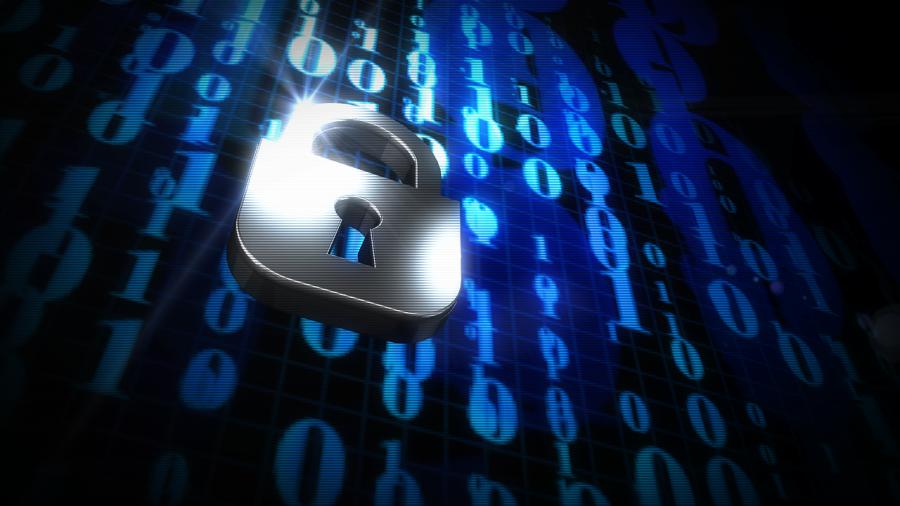
Essentially, data security is all about the protection of sensitive information so that hackers and creepy company insiders do not access it. In this case, the usage of passwords, biometrics, and encryption technology to guard personally identifiable information (PII) restricts unwarranted access. On the other hand, data privacy is all about how websites collect, use, process, or share data. In cases where access PII happens without permission or consent from a user, it is considered a breach of internet privacy.
Data Protection Is the Mainstay of Online Privacy
We cannot talk about internet privacy without mentioning data privacy. Often, the first question is how safe your data is, especially when you sign-in to websites that sell merchandise? The truth is that while you can always ensure your data is safe online by using a strong password, the war on privacy is far from won. Some companies still breach data protection agreements for selfish gains through passive tracking and collection of personal information. Nevertheless, cybercriminals keep reinventing modes of attacking sites. It means that while internet users can rest assured of data protection, privacy remains a major concern. In a nutshell, it is impossible to without a guarantee that your data is protected, privacy becomes a nightmare.
Now, to align the two concepts for the benefit of internet users, and most importantly, ensure data protection remains the mainstay of internet privacy, the following are worth noting:
- Companies should train their employees on the best data protection practices. Usually, breaches of online privacy happen because some employees are ignorant of what it takes to protect customers from losing vital personal information. When employees are well trained in procedures and processes of data collection, they become professional data handlers without risking the privacy of customers.
- Companies should always keep abreast of the latest data protection and internet privacy laws. The catch here is that the internet keeps changing thereby triggering even more stringer measures. Bigger risks are emerging with technological advancements such as 5G internet connectivity.
Why is online privacy important?
Now, to expound further on the gist of this post, let’s rephrase the big question. Why is online data privacy important and to whom? Well, internet privacy laws are not limited to a few individuals. Rather, they cut across many things and entities. From healthcare, banking sector, governments to marketing companies, internet privacy covers wide-ranging issues. We live in the age of social media, in which case, hashtags, tweets, live videos, and content sharing take a huge chunk of time that people spend online. In the process, a lot of personal information is shared online, sometimes to anonymous sources.
Taking note that cybercrimes are on the rise, thanks to the huge amount of data internet users share, your online privacy may very become non-existent if you do not take necessary precautions. Identity theft is one way of losing privacy on the web. Cybercriminals can also steal your credit card information and in the process, gain undue advantage over your finances. Now, with all the above at the back of your mind, it goes that online privacy is important because of the following reasons:
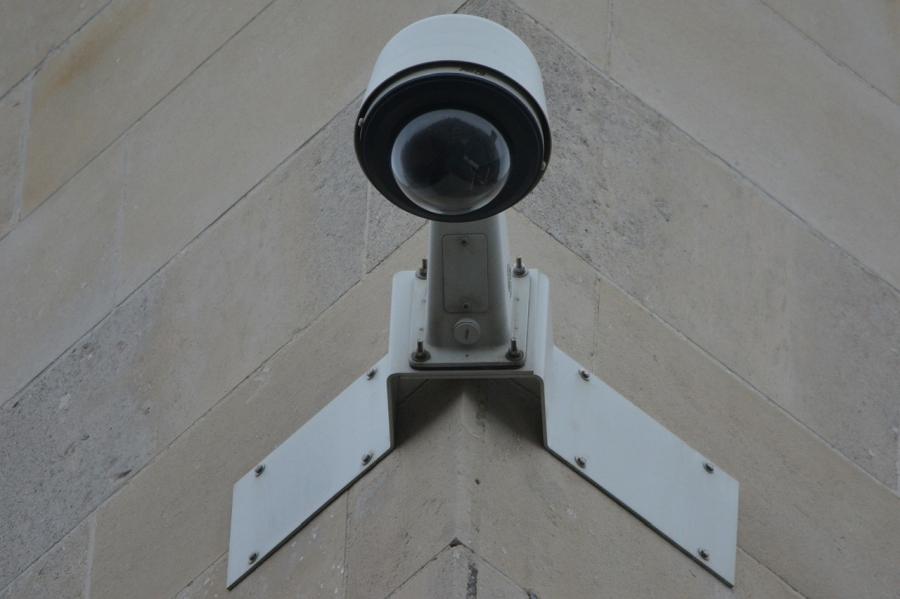
● It Keeps You and Your Family Safe from Social Media Data Breaches
Every day, we share tons of information on social media, making platforms such as Facebook, Twitter, and Instagram largely unsafe for people who share more than necessary. While most people do it innocently, sharing pictures and videos of precious moments with family and friends, online privacy creates a sense of responsibility. Social media have become targets for cybercriminals looking to take advantage of users who know little about internet privacy. However, when you are well-versed with online privacy, especially rules that help one stay safe, take the following precautions is an important step towards remaining safe:
- You should always update social media privacy settings to help you stay on top of the information and data you share on Facebook, Twitter, or Instagram.
- If you are a parent, you should educate your children about the dangers of sharing information on social media. Most importantly, educate them on the need to share personal information with people they trust.
- Do not share private/personal information such as phone number and address.
● Safeguards privacy and Identity from Theft
Another significance of online privacy is that it protects the privacy and identity of users from cyber theft. Thousands of people lose their identity online every day and it always boils down to a failure on their part, especially when it comes to understanding the role of internet privacy. Take, for example, applying for a loan online. Without a proper understanding of online privacy, chances are always high that one becomes careless in the way he or she shares personal information/data. On this premise, the first question everyone should ask is whether they are visiting a secure website or not. Websites that request for personal information relating to identity and finances should have data encryption in place. It makes it difficult for hackers to take advantage of your digital footprints. Later on in this post, we will look at how to safeguard your online privacy.
● Protects the Privacy of Your Business from Cybercriminals
Cybercrimes are costing governments millions of dollars annually. The fact that most businesses now have an online presence is, therefore, a wakeup call to take internet privacy seriously. From drop shipping businesses, online retail stores, vlogs to social media pages that promote brands, cyber attacks on businesses are not only costly but also destructive. Because of this, businesses that operate websites through which they interact with clients should take vital precautionary measures such as:
- Install virus software that protects networked computers in your premises to guard against malware and spyware attacks. This action should not only protect your business from unwarranted surveillance but also vital employ database.
- Train your staff on cybersecurity, especially emerging trends in cyber attacks. With this, employees are made aware of the importance of online privacy and best practices they can always undertake to fix bugs.
- While it is important to create strong passwords for your business accounts, the big question is who has access? Often, internet breaches of privacy are inside jobs, especially when sensitive information such as serve passwords ends up in the wrong hands. Only a few senior members of the IT department in your business should have access to passwords.
● Limits Power Someone May Have Over You
Another reason why online privacy is important is that it limits the power of control someone anonymous, government, or advertisers may have over you. The catch here is that when someone gets hold of information about you; so much that there is nothing to hide, they are controlling you. Given that data is a vital internet asset these days, chances are always high that someone can use private information to blackmail you. Even worse, you could end up losing a reputation that took you years to build. In this case, think about a prominent politician who loses personal information to hackers and ends up exposed online. In a nutshell, without due regard to online privacy, when personal data lands in the wrong hands, it can be used as a tool of control to inflict great harm on your person.
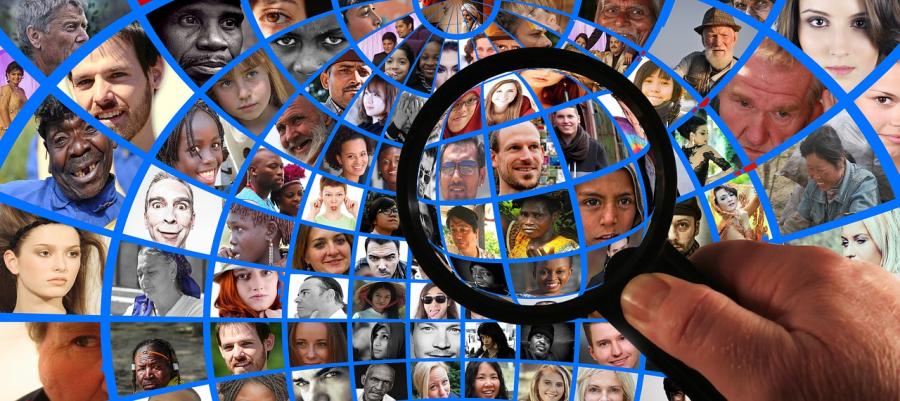
● Online Privacy Safeguards Reputation
Online privacy also makes it possible to manage personal reputation. In this context, think about someone who shares so much information about themselves on social media that there is nothing people do not know about them anymore. In the end, one suffers the consequences of a bad reputation. From losing friends to opportunities, protecting one’s reputation is only possible when you understand online privacy. While it is true that the information you share with the public may not necessarily reflect your personality, cushioning yourself from hasty, inaccurate, bad, and hypocritical judgments is the core of internet privacy.
● Helps Safeguard Social Boundaries
Whether informational or physical, online privacy helps internet users observe appropriate boundaries. Given that a lot of people are always watching your internet activity, especially on social media where massive socialization takes place, lack of awareness on privacy concerns often results in damaged relationships and awkward situations of misunderstanding. It is the same way, people should keep social distance in the real physical world, virtual distances are equally important. Thus, online privacy helps guard against social frictions that may develop from social media interactions.
● Protects Your Freedom of Speech and Expression
While the internet offers users a free space to explore the world, exploit opportunities, and interacts with thousands of people, internet privacy acts as a check on our excesses. Freedom of speech and expression is particularly a major concern on the web today. People share anything, including misinformation. In worst cases, such freedoms have resulted in abuse of fundamental rights of others. With a view that internet privacy protects your freedom of speed, constructive criticism, and information sharing becomes a focal point of interaction.
● Guards against Disrespect to Other Internet Users
Privacy is inherently respect for personal space and regard for one’s reputation. While websites use cookies to improve user experiences, it is noteworthy that a desire to keep some information private must be respected. This is where internet privacy plays significance-to protect users from disrespecting others.
Protecting Your Internet Privacy
Online privacy plays significance in giving internet users the experience they deserve. Whether you are shopping online, reading a blog, or working online, it is prudent that you keep track of your digital footprints. Any mistake that amounts to disregard for personal privacy online can be catastrophic. Thus, to keep everything under control, the following are measures every internet user should take to protect their privacy:
● Be Wise When Using Wi-Fi
Wi-Fi networks are often prone to cyber-attacks. When you think everything is under control, a breach occurs. You would want to imagine a situation when a hacker gains access to your Wi-Fi password and begins to control everything. The catch here is that apart from ensuring firewall is turned on, protected access encrypts every data or information you send over Wi-Fi networks make it hard for hackers to hack or decrypt.
● Stay Informed About Phishing
Phishing remains a major way through which hackers gain access to systems. From impersonation to stealing private data/information, phishers often use malware to obtain passwords before gaining access to networks. For this reason, the best practice for internet users is to avoid clicking malicious links or download suspicious files, especially those from unknown sources. Copy-paste then check the site address on your web browser instead of clicking it to open within an application.
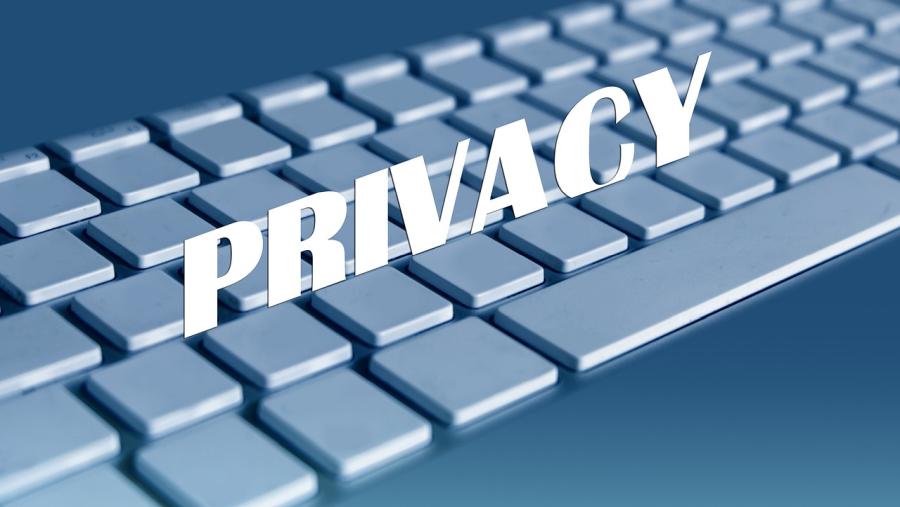
● Regularly Update or Delete Apps/Files That You Are Not Using
Online privacy borders on a huge personal responsibility. It is the little actions you take when visiting a website or reading an email that amounts to a breach of privacy. Things could get worse if you have old files that contain personal information. It also applies to Apps that you rarely use or those which have not been updated in a long time. Outdated files and applications are major digital loopholes that hackers use to compromise privacy on the web.
● Keep Track Of Your Digital Footprints
The internet never forgets. It is a common phrase these days. Something you post online stays there forever. Even when you have removed/deleted a post, chances are high that someone may have taken a screenshot of it. It means you should always watch your digital footprints by posting things that will not come to haunt your reputation or credibility. While everyone would agree that the internet has become a space for spreading misinformation, governments in collaboration with major players such as Google and Facebook, are putting in place measures to protect people’s rights and freedoms.
● Secure Your Devices at All Times
The gadgets people use to access the web such as smartphones pose a major threat to their online privacy. Without proper anti-spyware or anti-malware software, you become vulnerable to many forms of cybercrimes. If you do not fall victim to phishing scams, one may end up losing vital information to impersonators on social media or hackers.
The bottom Line
Cyberspace is a free world. However, it is prudent to help internet users remain safe online. Thus, online privacy comes to fore-to help internet users understand how information/data is collected, processed, used, or shared. Most importantly, it helps people take the necessary precautions to remain safe online.



